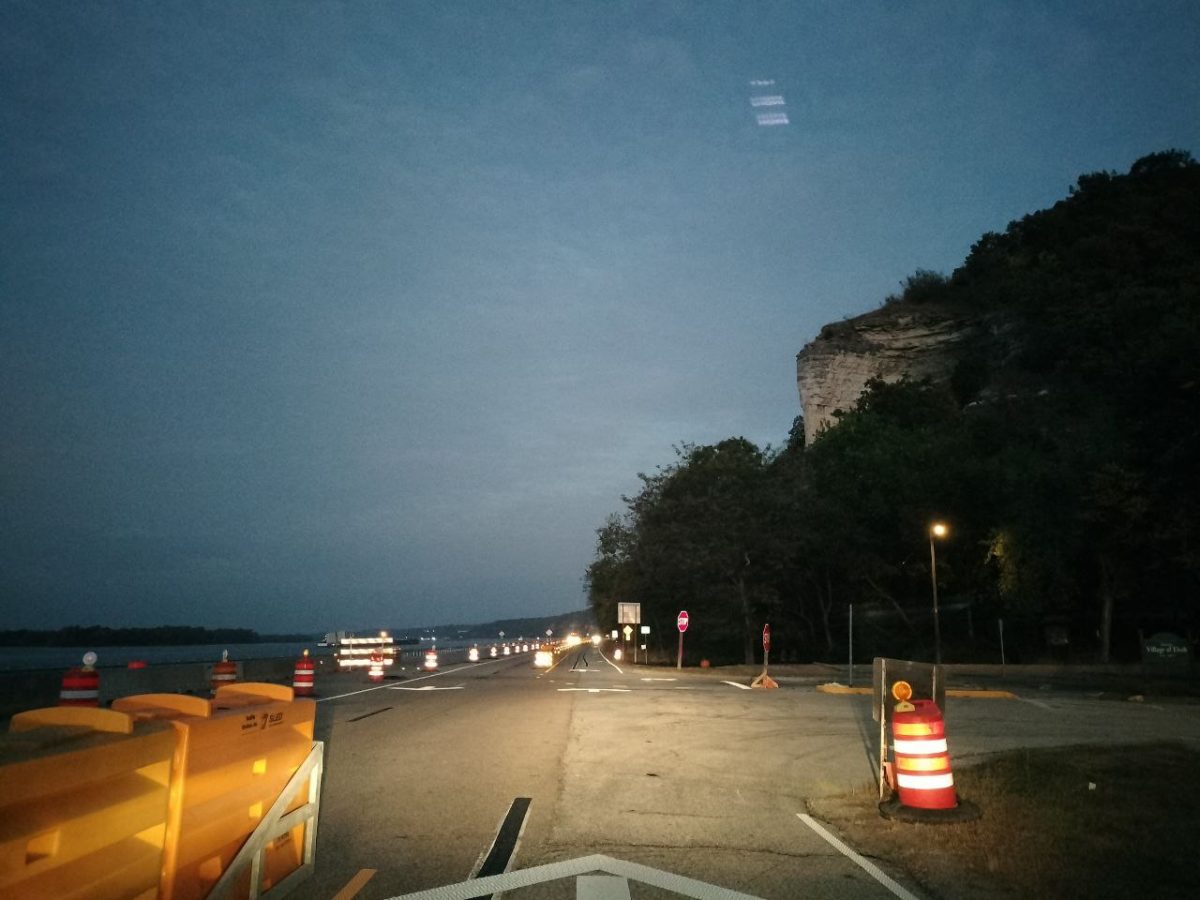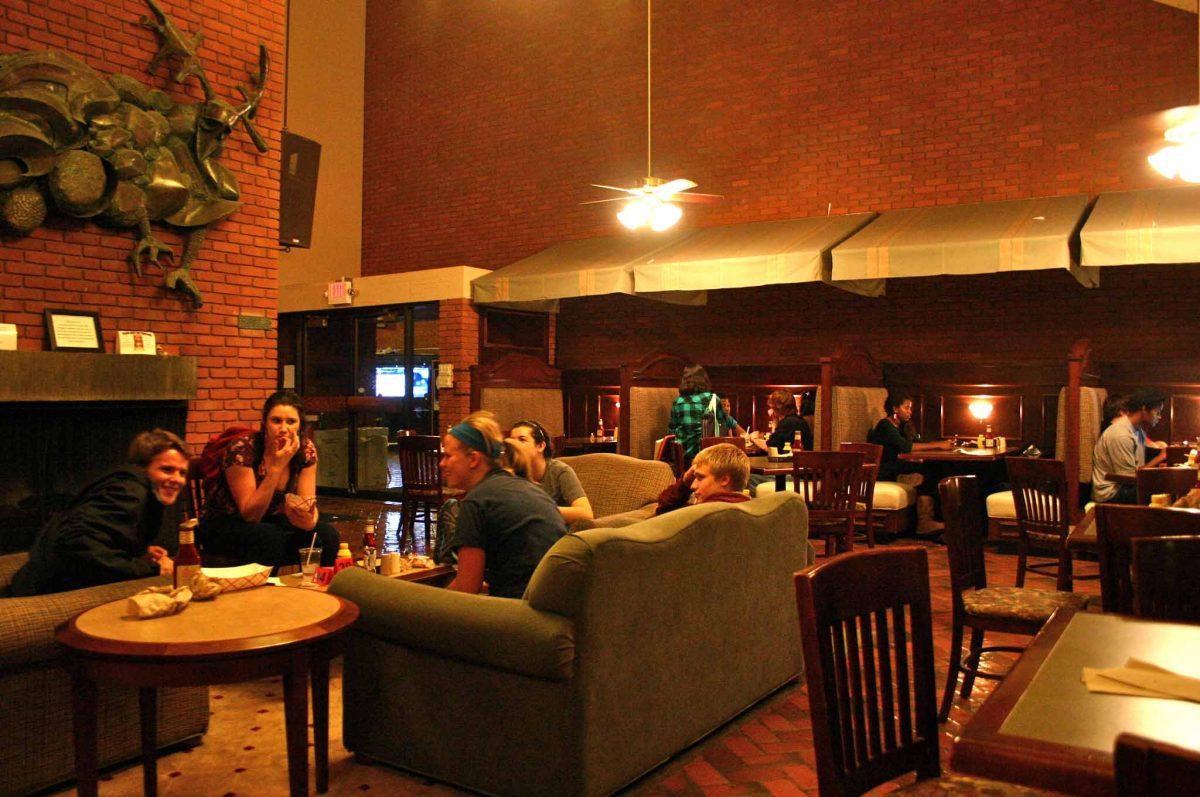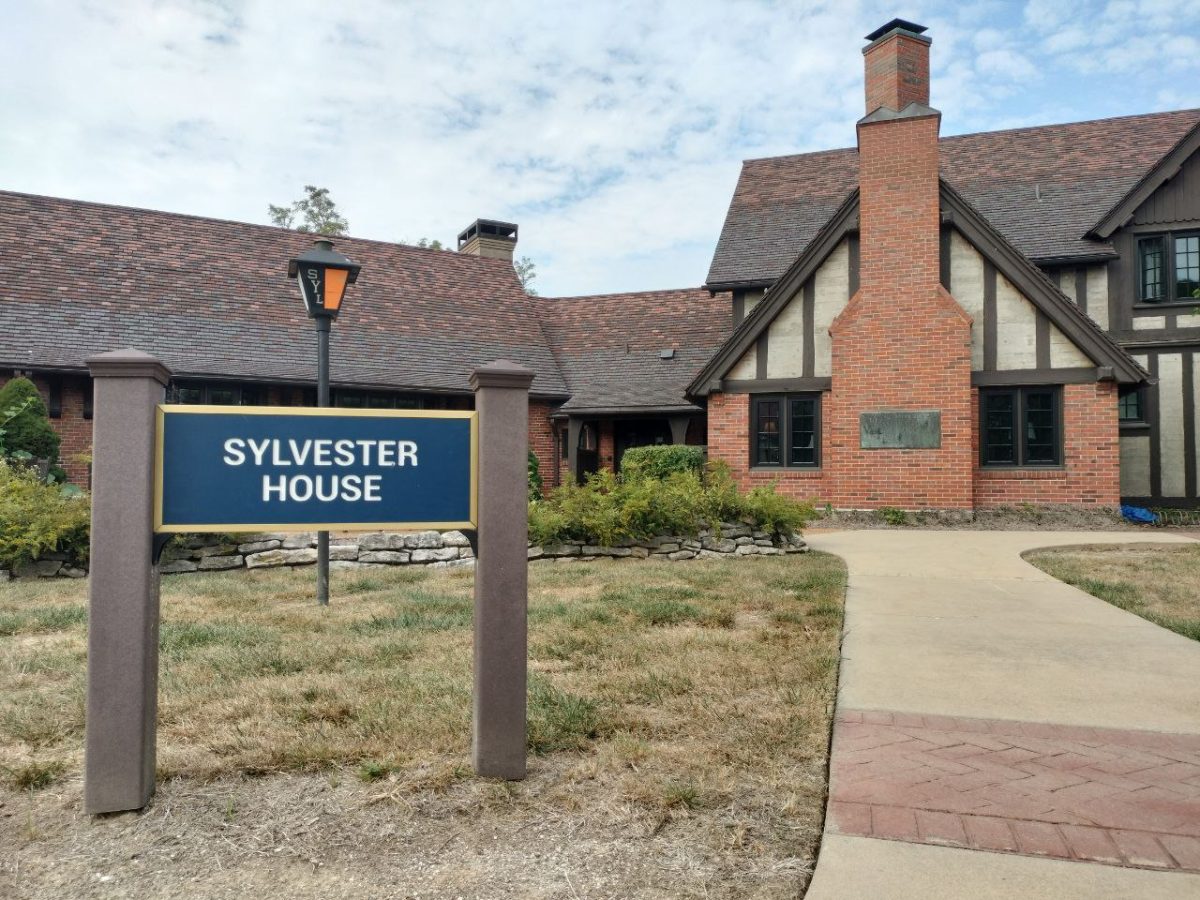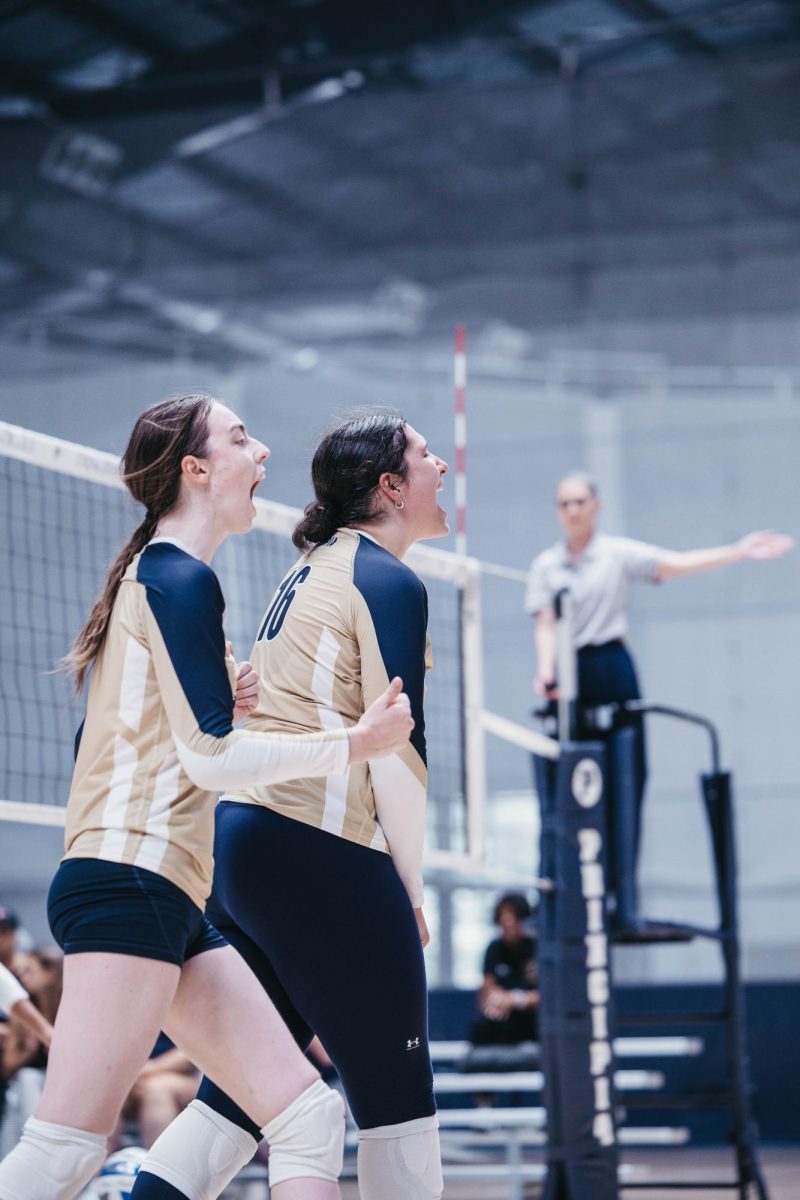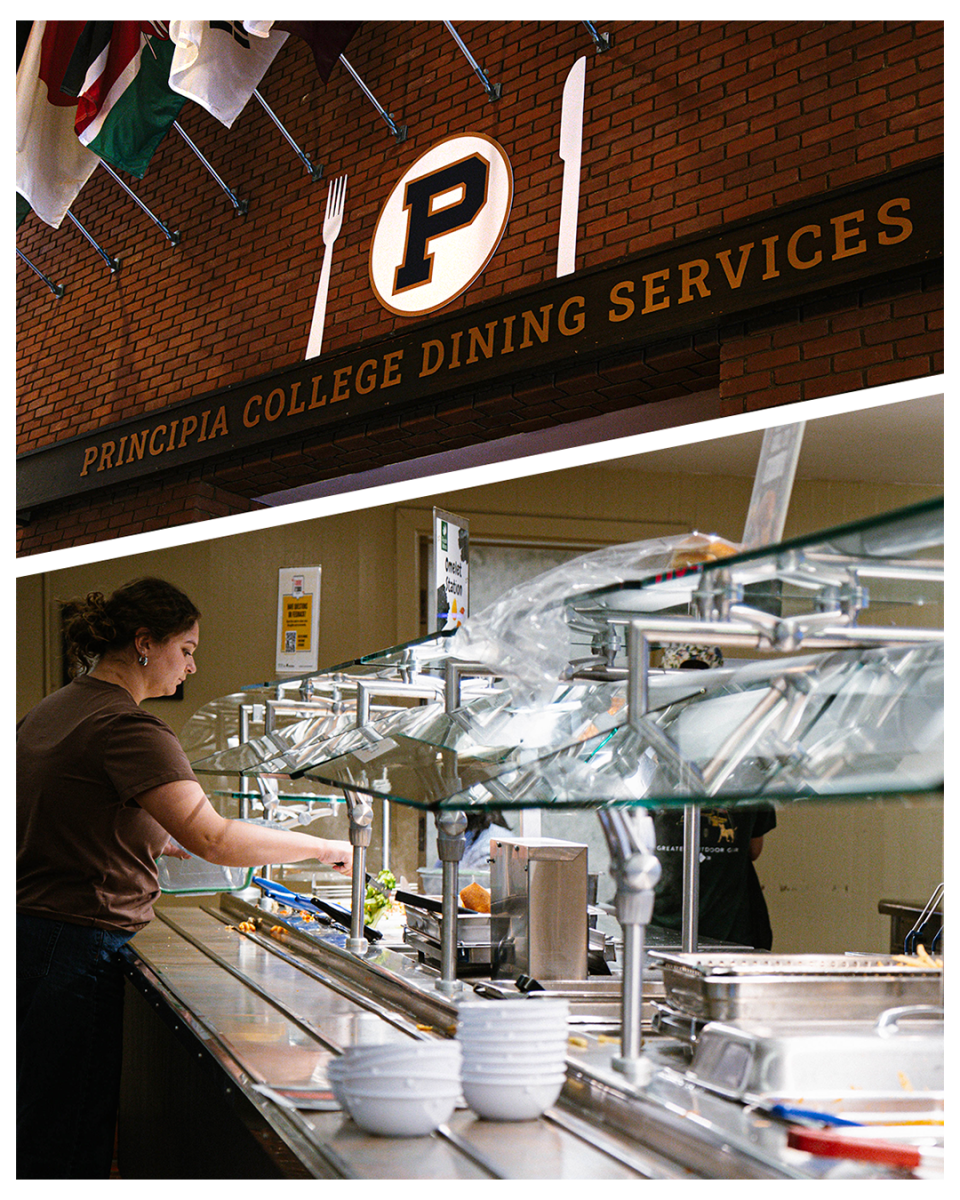By Sarah Geis
“The whole focus is on students, and the wellbeing of students,” said Andrew Frager to a Zoom audience of five students – three of whom were non-traditional – and the Pilot. “What feels important is what you guys need, what you guys want.”
Frager is the first of three Wholeness Center Program manager candidates to participate in a student-only virtual forum today at 10:30 a.m. CDT. Dean of Students Maya Dietz invited all students in an email sent July 26 to participate in the forums that are available this week on July 28, July 30, and July 31. “We expect the Wholeness Center to be an important addition to how we can support you… It is important for us to hear from you about how you feel about the candidates, because we want you to feel comfortable talking to them, and participating in the Center’s programs.”
The email that was sent out by Dietz also includes a type-written proposal for the Wholeness Center. The mission of the center is to empower students, specifically through supporting “the spiritual growth, social-emotional development, and resilience of the whole person through programming that is compassionate, inclusive, and honors Principia’s mission, to serve the cause of Christian Science.” The document contains a plethora of proposed services and programs that address different facets of well-being, from private office meetings with Christian Science practitioners or mental health counselors, to on-campus haircutting or braiding services.
Frager, who graduated from Principia College, says he is a Christian Scientist and works as mental health counsellor, trained in psychotherapy. “That’s my official education… It’s been something that I’ve only been doing for the last couple years in an official, licensed way.”
He’s found himself in a similar position for many years, Frager says, but more within the realms of Sunday School, camp, “or just in general talking with people and being a support there. I’ve often been that person people have just felt comfortable coming to and sharing.” He realized he needed more training if he was really going to be helpful, so he decided to get his master’s degree in clinical mental health.
His vision for the Wholeness Center entirely revolves around what the students of Principia want. He views the position of program manager as an advocate – to listen to students on what they feel is important, to gauge a sense of what’s working and what’s not, and then continue working with students on meeting their needs.
“When we are heard, we feel loved, and that’s ultimately the point [of the Wholeness Center].” The center should be very adaptable to current needs, he says.
Frager supports the idea of collaborating with others in order to make the center as effective as possible. “I think that the work of mental health is very collaborative in its essence. ” It is important to include other organizations that can support the work of the Wholeness Center, and “certainly the [campus] CS Organization can be a part of that. … collaborate, collaborate, collaborate, for sure.”
He also states, however, that working on individual wellness is indeed that – individual. “I’m not opposed to any [method] in my role as a counsellor” as it is up to each person to decide what they need to support themselves.
Frager aims to foster the spiritual growth on campus, and believes there are multiple ways in doing so.
He referred back to the three degrees of the “Scientific Translation of Mortal Mind,” found on pages 115 and 116 of “Science and Health.” He remarked that counselling takes place more in that second degree of mortal mind, and that any growth where thought is expanding, becoming aware of a wider sphere of thought on what it is we need to know about ourselves, the more that we move from the first degree, to the second degree, and into the third degree.
“This is promoting spiritual growth. Some of us get stuck, in some ways, in areas of the first degree that others don’t have a problem with,” and it just all depends on where each person is in their life experience at that moment. He often reflects on how he can support a larger awareness of who you know yourself to be and who you know you’re in the process of becoming.
Frager closed the forum session by talking about peer-educators. To Frager, because the Wholeness Center is based on student needs, he feels that peer-educators, students that would be advocates for each other and for the work of the center, are absolutely essential to the program. The work of the Wholeness Center “goes out like a tree root to all aspects of Principia College, and beyond.”
Featured photo by Emma Simpson on Unsplash.



